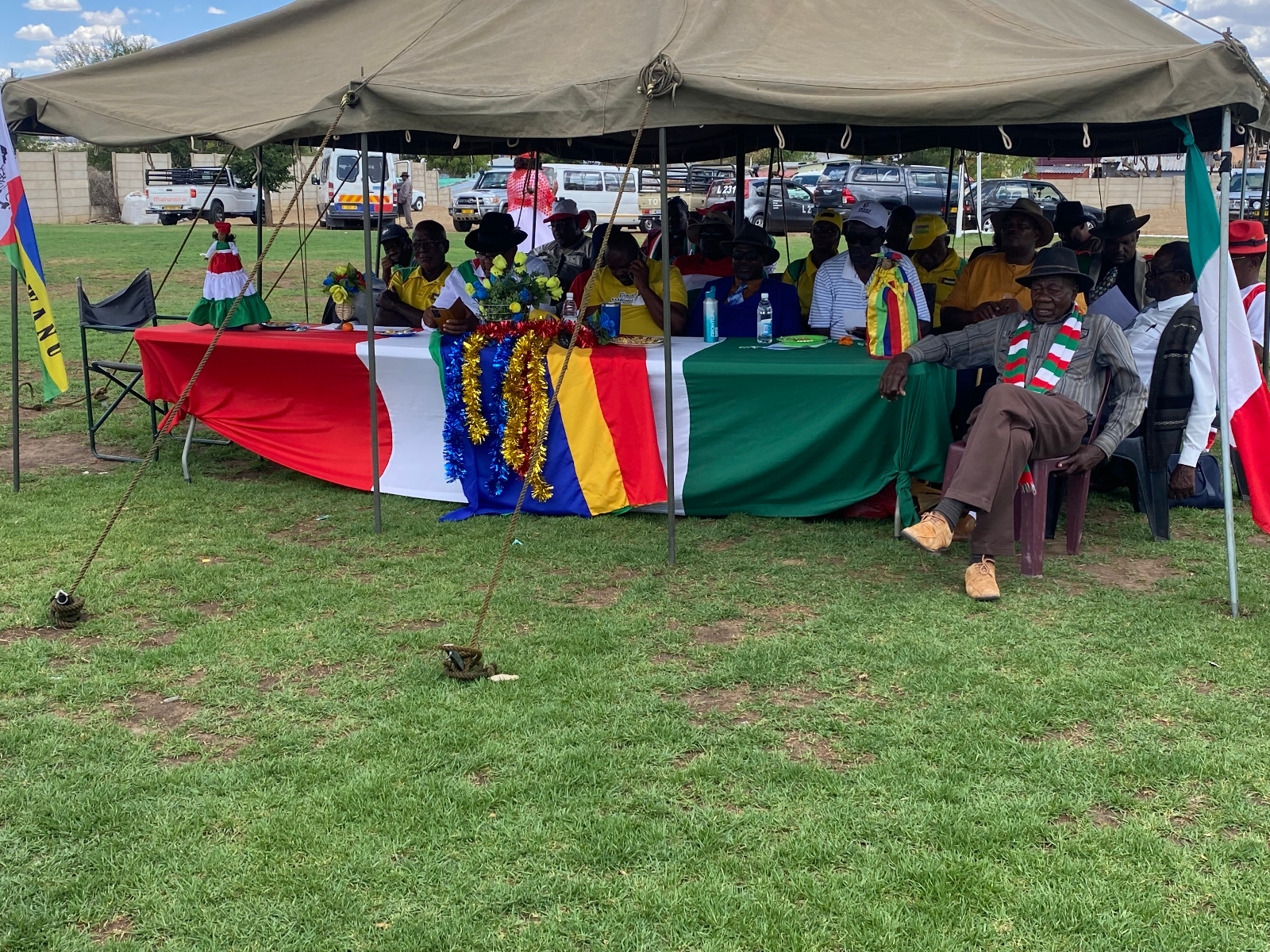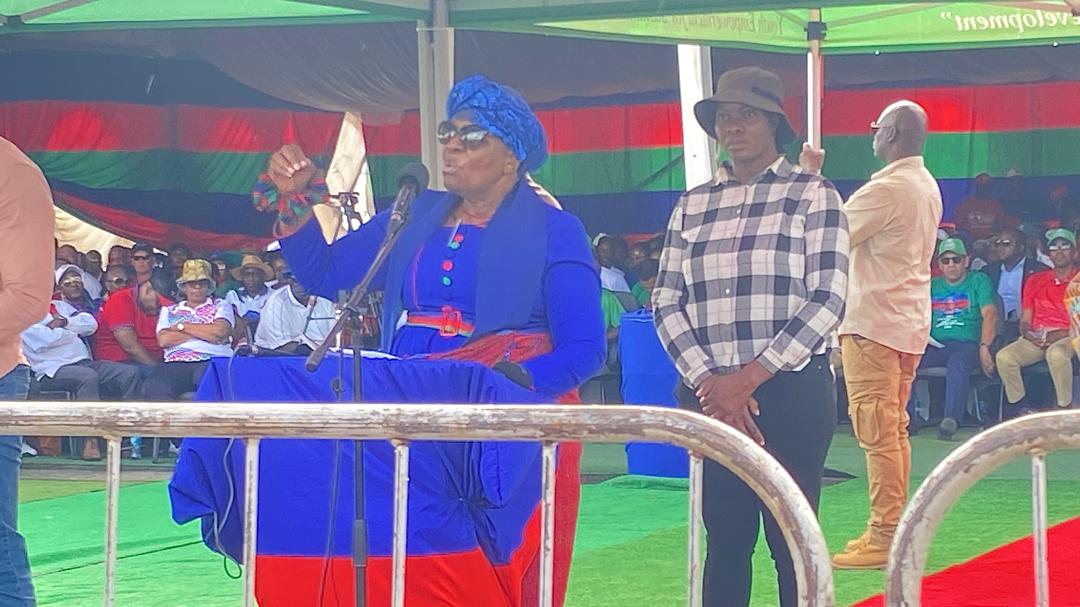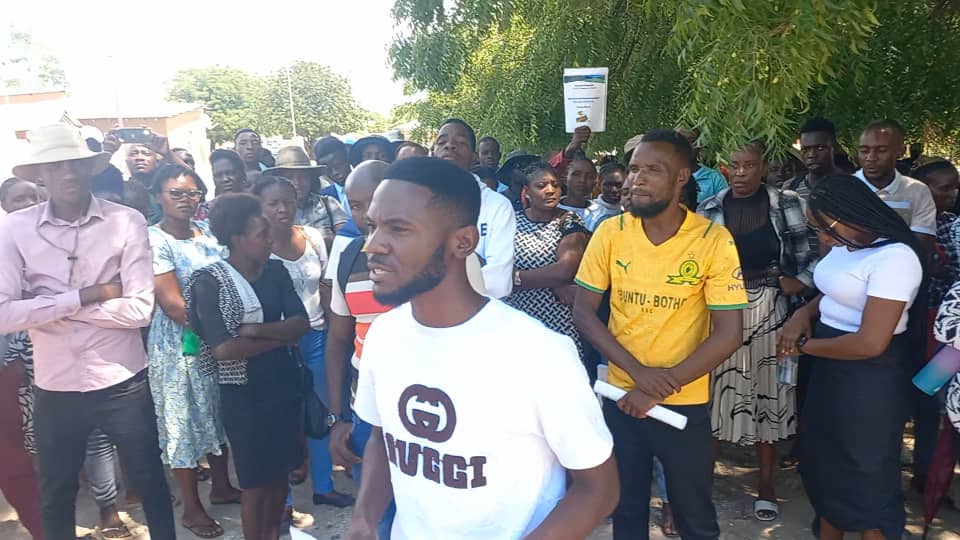The Namibian government is under increasing pressure from some quarters to privatise the Meat Corporation of Namibia amid concerns over its financial instability.
A recent report by Ombu Capital advocates privatisation to prevent the state-owned entity from collapsing.
The report evaluated Meatco’s sustainability and proposed alternative business models to ensure its survival.
It paints a grim picture of Meatco’s financial health, highlighting its insolvency, recurring losses, declining producer confidence and unsustainable debt levels.
Ombu Capital’s report outlines four strategic options: Maintaining the status quo, cost cutting, industry consolidation and consolidation with specialisation.
The first two options were dismissed as unviable, while consolidation through a new business model was recommended as the most feasible approach to ensure Meatco’s long-term sustainability.
Under the proposed restructuring, Meatco would be transformed into a new entity, NewCo, with private investors and farmers holding a 75% stake.
This new entity would operate through four specialised subsidiaries focused on procurement, abattoirs, processing and marketing.
Such a restructuring plan would require amendments to the Public Enterprises Governance Act.
DEBT BURDEN
The urgency of Meatco’s financial predicament is underscored by recent investments by the government.
According to a report by The Namibian, the government has pumped more than N$700 million into Meatco over the past two years. Despite this, Meatco’s financial woes persist.
A key issue in the ongoing debate is the fact that Meatco managed to pay off its debts to commercial banks, but had to borrow N$437.3 million from the Development Bank of Namibia to do so.
This manoeuvre has been criticised as merely shifting the debt rather than solving the underlying financial issues.
Agriculture minister Calle Schlettwein has said that despite paying off its debts to commercial banks, Meatco’s financial position has not improved.
This has raised concerns about its long-term viability under government ownership.
PAIN AND PROSPECTS
The Ombu Capital report highlights the challenges Meatco faces because of the drought, which has drastically reduced the throughput of slaughter cattle.
This has led to a pre-tax loss of N$206 million, with Meatco’s revenue plummeting from N$1.7 billion to N$752 million over two financial years.
The drought’s impact on cattle availability has been severe.
Meatco only slaughtered 36 000 head of cattle in the 2021/22 financial year, far below the 60 000 needed to break even.
Despite these challenges, Meatco’s leadership remains optimistic about its strategy to stabilise the industry and expand into new markets.
Chief executive Mushokabanji Mwilima has emphasised the company’s success in maintaining access to traditional export markets and developing new ones, such as China and the United States (US).
Meatco is the only export abattoir in Namibia certified to export beef to China and the US.
During the devastating drought between 2019 and 2020, Meatco paid more than N$2 billion to producers, contributing 50% to the livestock sector’s output and sustaining primary production during a critical period.
OPPORTUNITIES AND RISKS
The debate over Meatco’s future goes beyond its financial struggles.
Critics argue that Meatco’s role as the sole public livestock market for farmers, particularly those in previously disadvantaged communities, cannot be underestimated.
The potential privatisation of Meatco raises concerns about the impact on marginalised farmers, particularly in northern Namibia.
Schlettwein has emphasised the importance of keeping Meatco under government control to ensure inclusivity and resilience within the industry.
On the other hand, proponents of privatisation claim Meatco’s status as a parastatal has contributed to its inefficiencies and financial troubles.
In summary, the proposed privatisation and restructuring of Meatco presents both opportunities and risks.
The fate of Meatco will be a litmus test for the country’s approach to managing its state-owned enterprises and addressing regional economic disparities.
- • Lot Ndamanomhata is a graduate in public management, journalism and communication. This article is written entirely in his personal capacity.
Stay informed with The Namibian – your source for credible journalism. Get in-depth reporting and opinions for
only N$85 a month. Invest in journalism, invest in democracy –
Subscribe Now!






